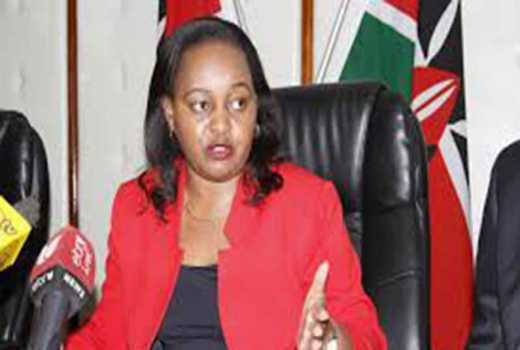×
The Standard e-Paper
Kenya’s Boldest Voice

Five years on and counties are still grappling with pending issues to fully implement devolution as stipulated in the Constitution.
This year’s annual conference to be held in Kakamega County next week comes at a time when there is urgent need for open dialogue to bridge the gap that has existed between the two levels of government, hampering the process since 2013.